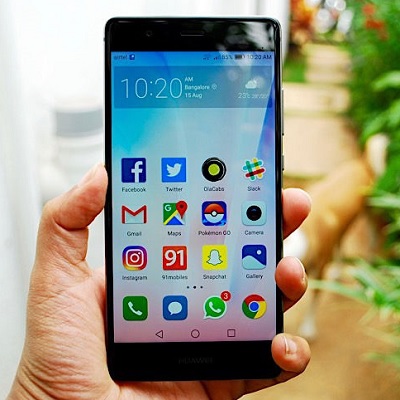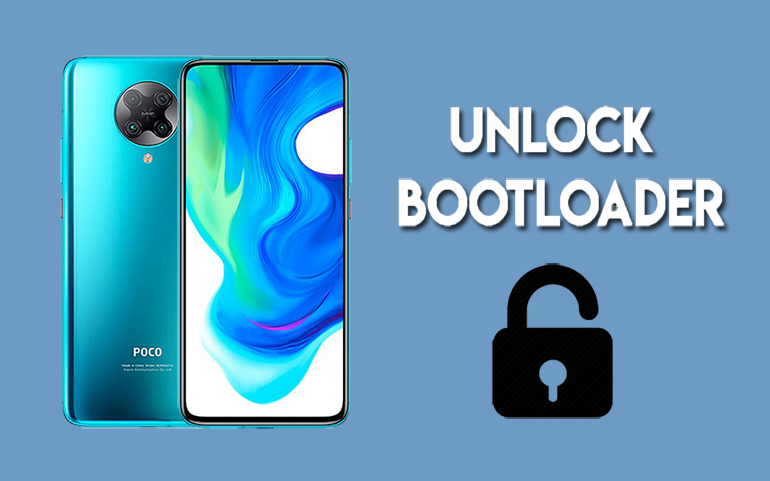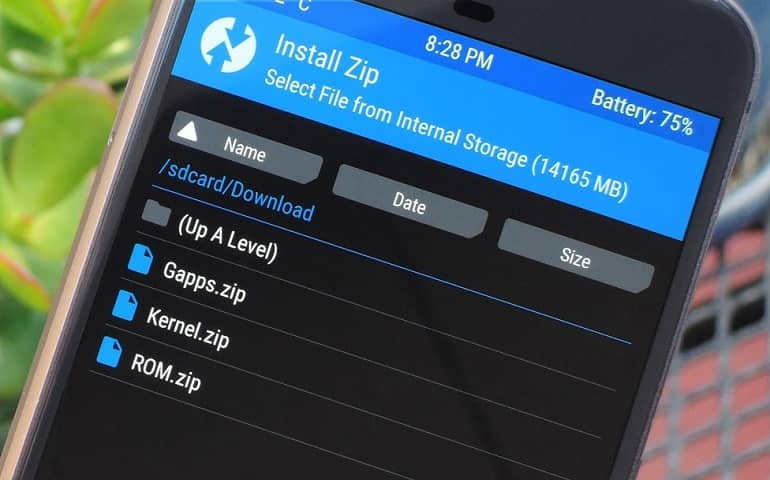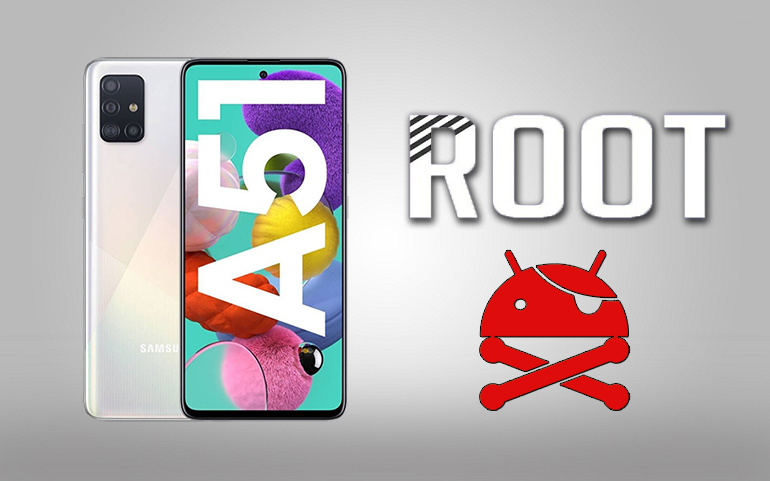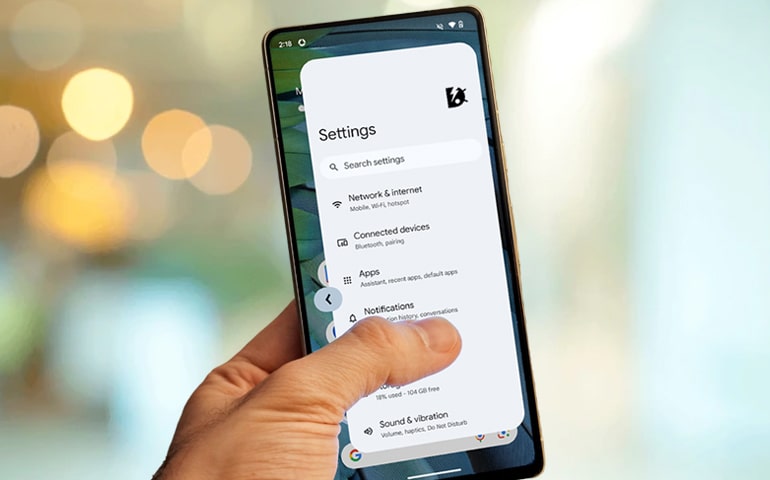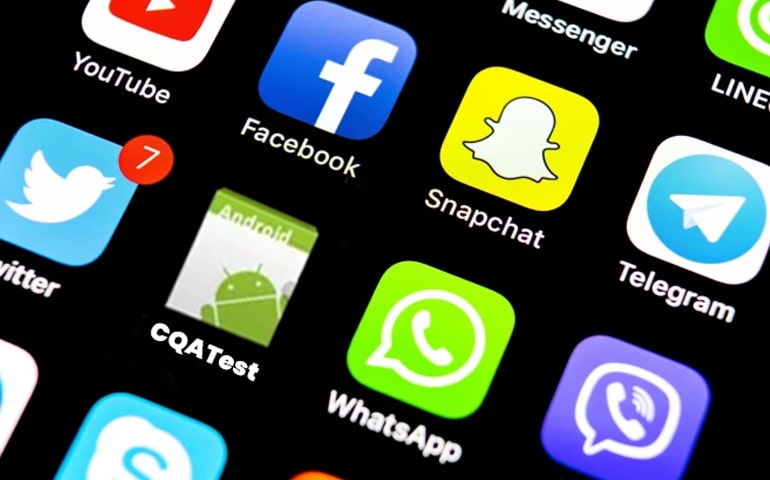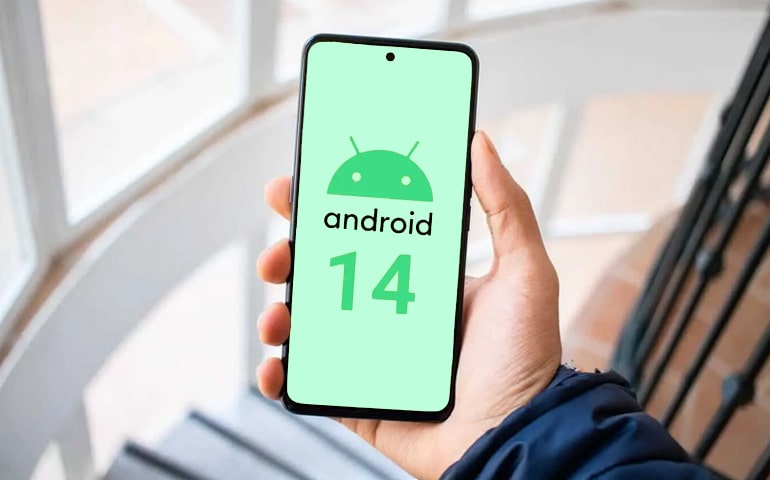- A smartphone is more than a phone; it’s like a mini-computer.
- Launched in 1994, IBM Simon was the first touchscreen phone.
- Phones are called “smart” because they perform complex tasks like a computer.
- Future smartphones will evolve with foldable screens and smarter AI.
What is a Smartphone?
A smartphone is an electronic device that combines a phone with advanced computing capabilities. But trust me, it’s a lot more than just a device to make calls or send messages. So, what makes a regular cell phone into a smartphone? Let’s find out.
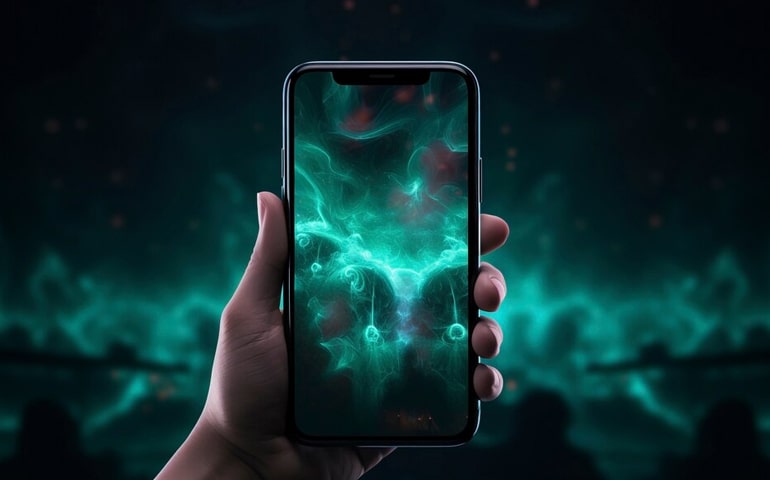
Remember the days when phones were just phones? Those days are long gone. Today, smartphones are almost as important as the oxygen we breathe. It is hard to imagine life without our smartphones.
From communication to day-to-day activities, they have completely changed the way we interact with the outside world.
Operating System: The Heart of Your Smartphone
You see, every smartphone runs on something called an operating system, like Android. This is similar to the brain of your phone. It manages both the hardware, the physical part you can touch, and the software, the invisible programs that make your phone work.
Now, you might say, “What does this mean for me?” The thing is, because of this operating system, you can use all types of apps. From playing games and listening to music to booking flights and even tracking your fitness, these apps not only make life easier but also more productive.
A Brief History of Mobile Phones
It all started with a bulky Motorola handset in 1973. By the 1990s, mobiles became mainstream thanks to 2G technology, which improved call clarity and enabled texting. Then came smartphones in the 2000s, such as the iPhone, which merged multiple features into one sleek device.
Today, advances in 3G and 4G technology have turned phones into intelligent personal assistants, with leading brands like Samsung, Google, and Apple constantly innovating.
Who invented the touch screen phone?
Many people think that the iPhone was the first smartphone, but that’s not true. The first touchscreen phone was actually the IBM Simon Personal Communicator, introduced in 1994.
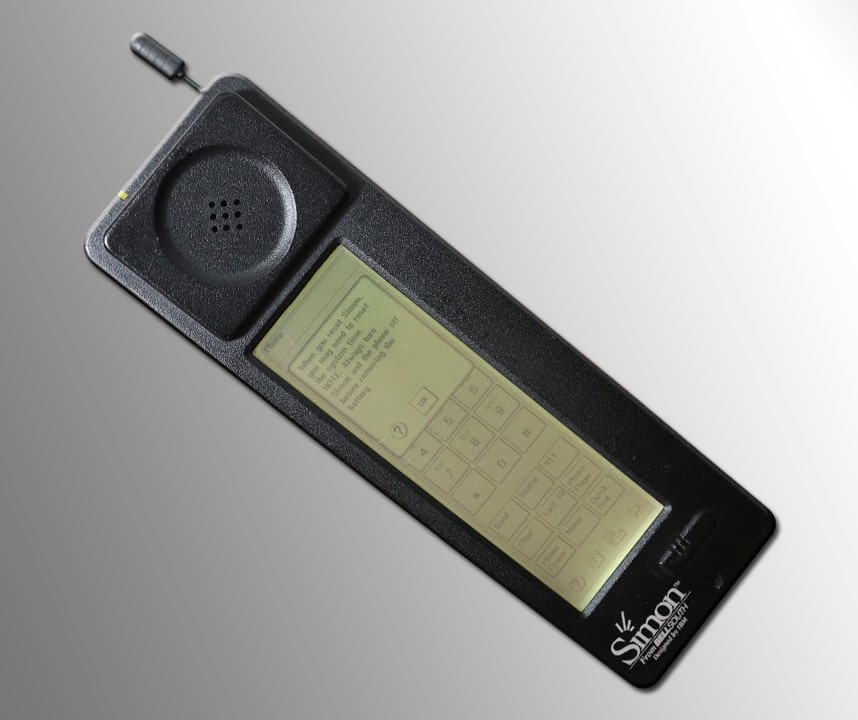
This first touch screen phone was invented by a team at IBM, led by Frank Canova. He came up with the idea of combining a phone with a personal digital assistant (PDA). This phone allowed users to make calls, send emails, and manage their calendars, all through a touchscreen interface.
The operating system (OS) used in the IBM Simon Personal Communicator was not iOS or Android. Instead, it ran on a special operating system developed specifically for the device.
What exactly makes a phone Smart?
Why are phones called smart? Well, they’re not just regular cell phones anymore. They’re called “smart” because they are intelligent enough to perform complex tasks seamlessly, making our lives easier and more convenient.
A ‘smart’ phone combines features of computers, cameras, GPS navigation systems, media players, calculators, and more, all into one compact and portable device. So, when we say “smart,” we mean they’re pretty clever and can handle lots of tasks smoothly.
Smartphones Core Features
Here is the list of features that make a phone smart:
1. The Processor
The processor is the heart and soul of a smartphone, handling everything from opening apps to playing videos and running multiple tasks at once.
2. Operating Systems
Every smartphone’s operating system (OS) is like the captain of the ship. You’ve probably heard of iOS and Android. These systems not only control the device’s hardware but also let developers build apps that make smartphones truly smart.
3. Applications (Apps)
Your device may be used for anything from productivity to entertainment, but what actually makes it a strong tool are the apps. From navigation apps like Google Maps to social media platforms like Facebook and Instagram, these are the tools that form the backbone of our daily digital interactions.
4. Internet Connectivity
Smartphones are now strong gateways to the online world thanks to mobile internet, which has evolved from 3G to the blazingly fast 5G. Whether you’re streaming your favorite show or checking up on your social media accounts, connectivity is crucial.
5. Touchscreen Interface
The transition from physical keypads to touchscreens has changed the way we interact with our devices. Smartphones are now easier to use and more accessible thanks to these changes, which have also produced sleeker designs and user interfaces.
6. Camera
Modern cell phones have cameras that compete with professional DSLRs. High-resolution images and videos are now only a click away. The latest iPhones and high-end Android phones have advanced photographic features that can make anyone feel like a professional photographer.

7. Sensors and Additional Hardware
Modern smartphones come with sensors such as GPS for location tracking, accelerometers for motion detection, and gyroscopes for orientation. Moreover, fingerprint scanners and facial recognition technologies improve smartphone security while also making them easier to use.
8. Mobile Payments and NFC
Near Field Communication (NFC) technology has transformed a smartphone into a digital wallet. Payment systems such as Apple Pay and Google Wallet provide quick, secure, and contactless transactions.
Impact of Smartphone on Our Lives
Do you know the things replaced by smartphones? Well, when was the last time you used an actual flashlight instead of the one on your phone? Or a physical map instead of using the GPS on your phone? Smartphones have effectively replaced so many devices we used to rely on every day. It’s pretty amazing how much they’ve changed our daily routines.
Things replaced by smartphones
- Camera
- Watch
- Calendar
- Torch
- Music Player
- Maps
- Diary
- Calculator
- Alarm clock
- TV Remote
- Voice recorder
- Radio
- Compass
- TV
- Computer
- Book
- Newspaper
- Mirror
Impact of Smartphones on Business
Smartphones have really changed the way we do business. Whether it’s Slack for team communication, Trello for project management, or Square for payment processing, these applications make things easier when you’re on the go.
Similarly, apps like Outlook for emails, Asana for projects, or Zoom for conferences help us connect and work together no matter where we are. So, whether you’re answering emails on the bus or joining a meeting from a coffee shop, smartphones help businesses stay flexible and connected, making everything simpler and more efficient.
Future of Smartphones
So, what’s next for smartphones? Well, they’re about to get a lot more interesting. First off, we’ve got foldable screens coming up. These let you fold your phone to fit in small spaces or open it up when you need a bigger screen. That’s pretty cool, right?
Furthermore, AI is becoming smarter, making our phones even more useful. They can predict what we need before we ever ask. Besides, the Internet of Things (IoT) will improve connectivity between our phones and the various devices we use every day. Overall, smartphones are about to become even more important.
Conclusion: The Smart in Smartphone
Now that you know what makes a smartphone smart, you can appreciate the technology packed into that small device you hold. But don’t stop there: use this knowledge to improve yourself. Try out different features, customize your phone, and use your device as a tool to learn, grow, and connect with people.
What are your thoughts on the future of smartphones? Share your ideas in the comments below.

